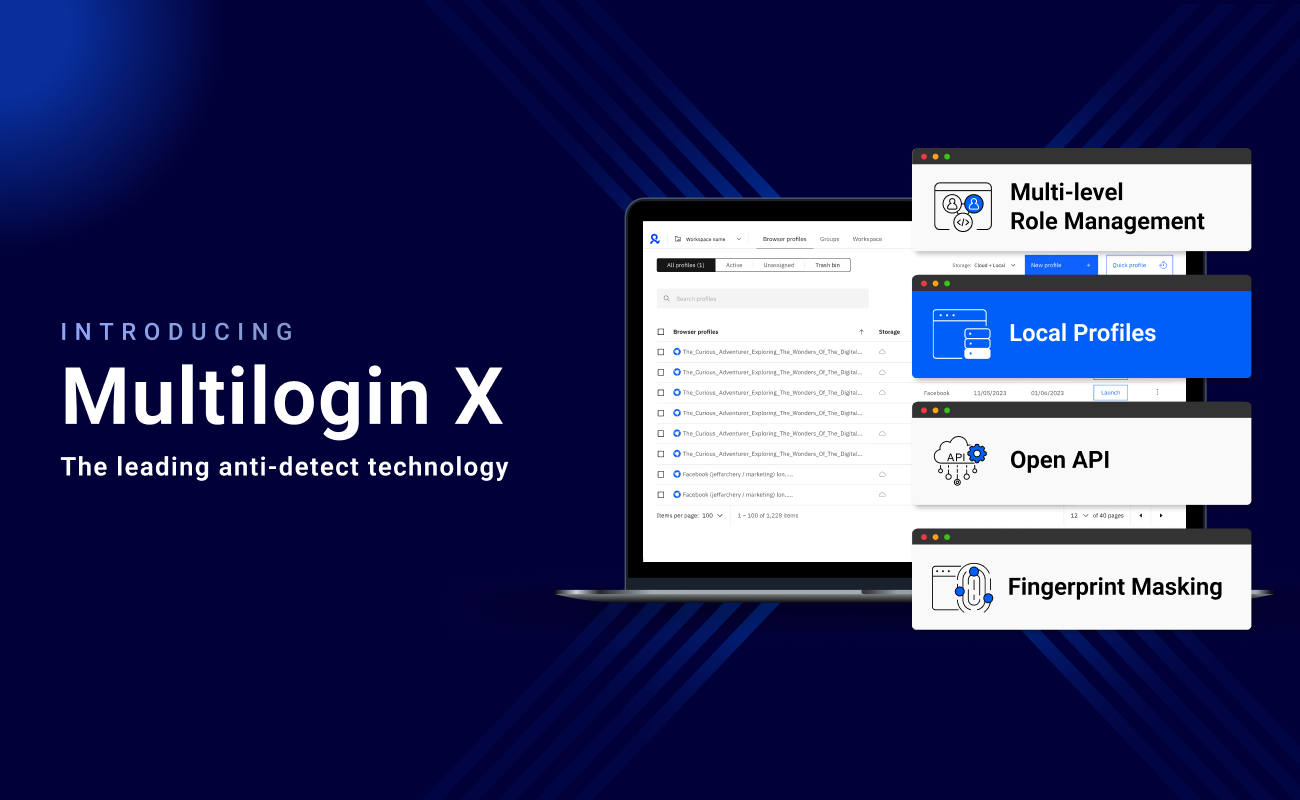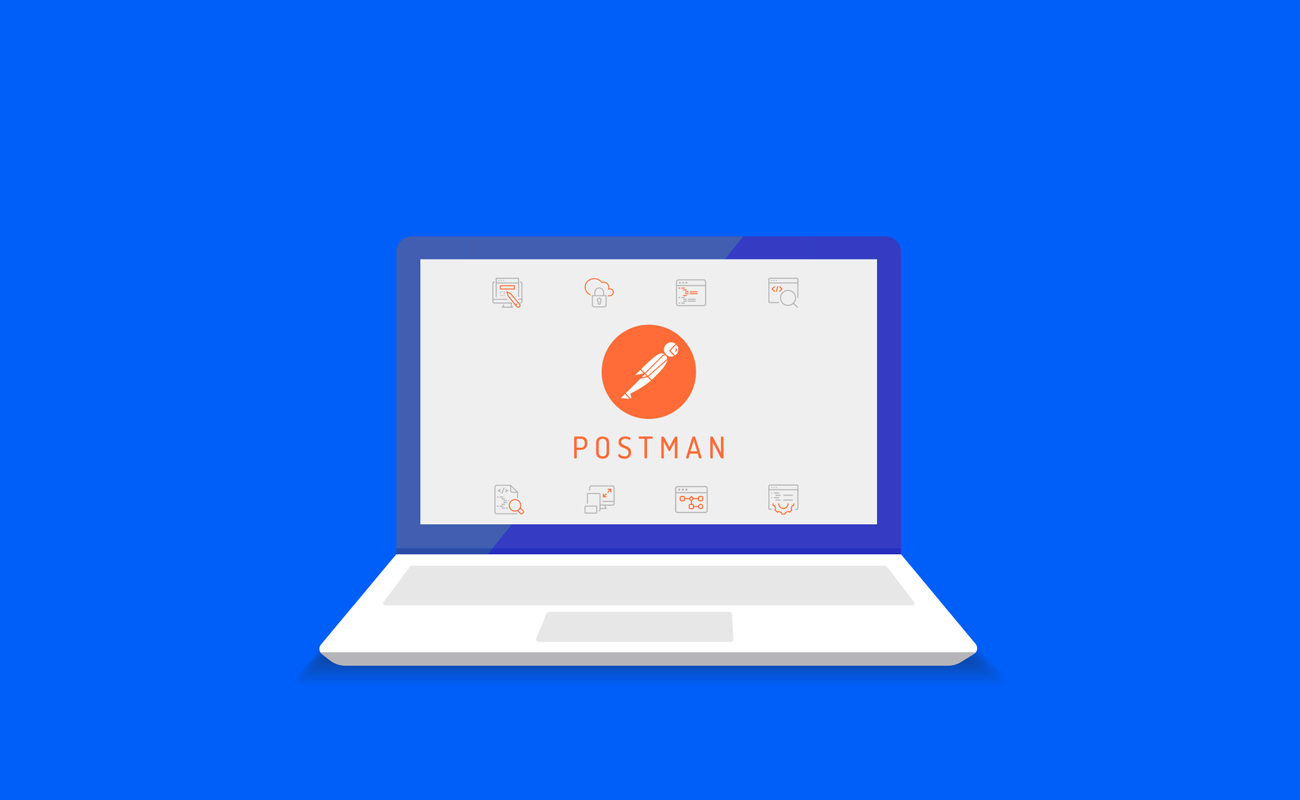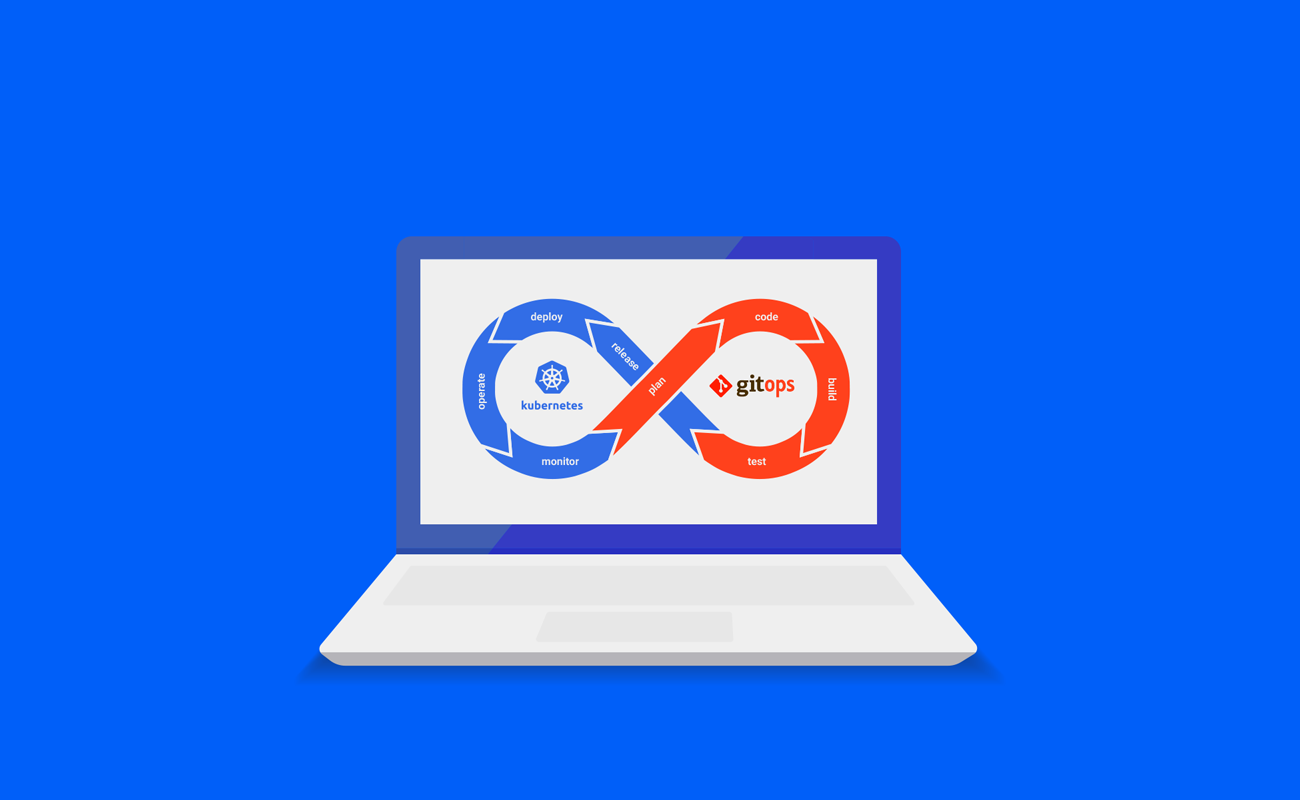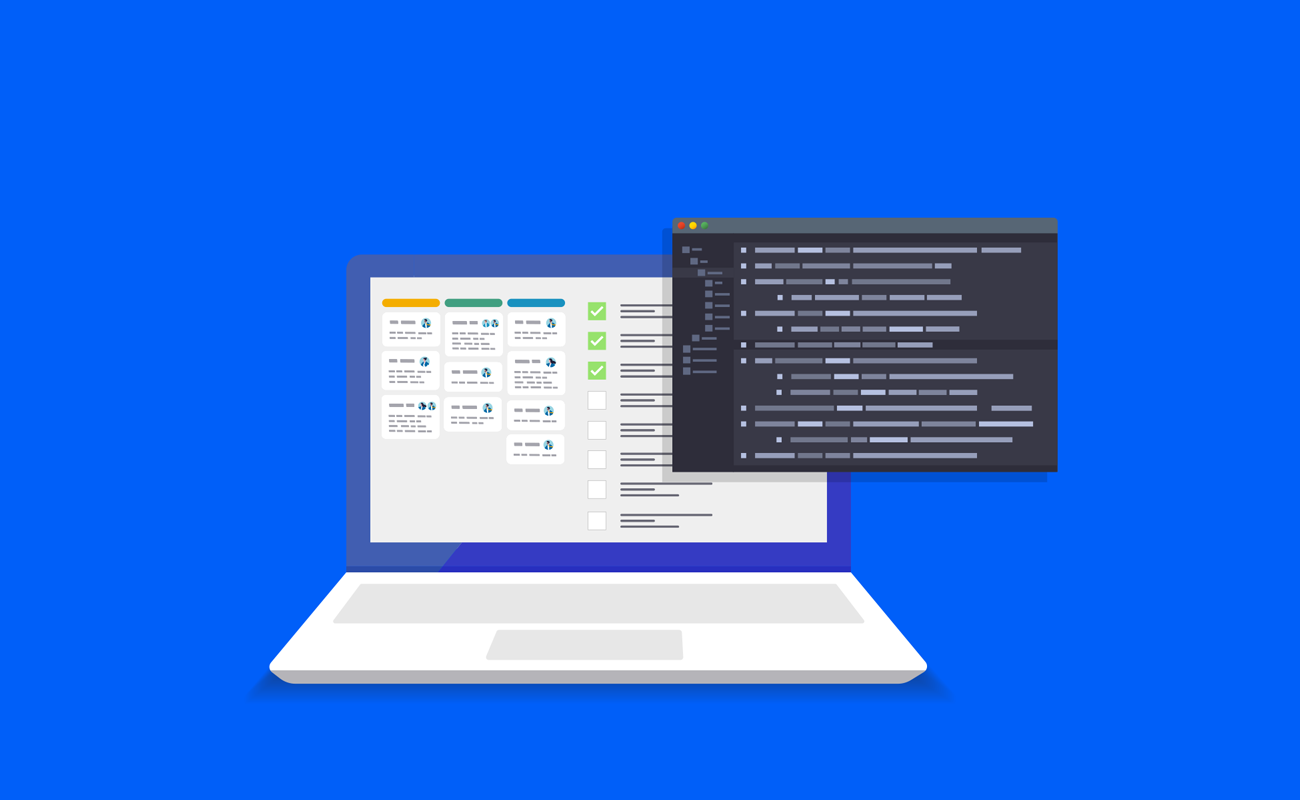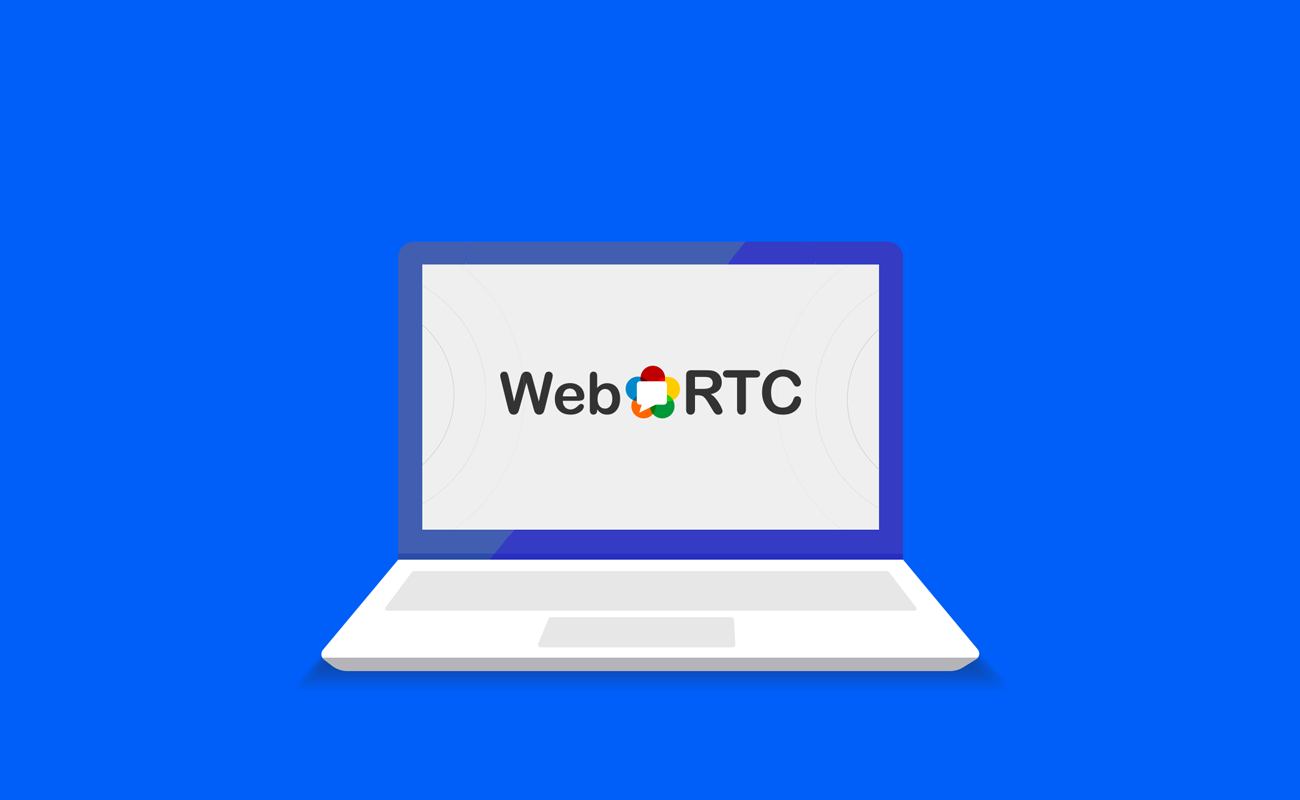
Farmed accounts: what are they and do they work?
DECEMBER 10, 2021 | ACCOUNT MANAGEMENT
This week, we’re casting our eye over the subject of farmed accounts. If you’re looking at scaling up a business that relies on multiple profiles or storefronts, such as in ecommerce or affiliate marketing, you will likely have come across this as a recommended method. But how does it work and is it trustworthy?
What is a farmed account?
Farmed accounts are accounts on major platforms like Google that have been specifically created by ‘account farms’ with the purpose of being sold on or rented. Theoretically, these account farms will take the same steps as you would to make any individual profile distinctive: using unique information, ensuring it comes from a unique fingerprint, and so on. In the case of a personal account, like on Facebook, the highest standard would use a face generating tool to produce personal images without illegally taking people’s images from the web, and would also spend time populating the profile with content and a history, such as joining and posting in particular groups and adding friends.
This is the ideal but, as we shall see, it remains an ideal.
How much do farmed accounts cost?
Prices vary massively; you can find some account farms selling for as little as a few cents per account on marketplaces like AccsMarket and AccFarm. Generally these accounts will be ‘fresh’ with little history.
For much older accounts – otherwise known as ‘aged accounts’ – that have a long history behind them of as much as five or ten years, you can expect to pay $15 or more for a single one. Often bundle deals are also available.
How trustworthy are farmed accounts?
Now we come to the crux of the matter.
The most important element for anyone looking to scale their multi-accounting business through purchasing farmed accounts is stability: are these accounts likely to be banned?
There are a number of elements to consider here.
Origin of the account: can you trust that the account farmer has meticulously created the profile, or has it been made by bots with a bare-bones approach?
Age of the account: has the account just been created? The shorter the history, the more suspicious sudden activity may appear to be.
Usage history of the account: what has the account previously been used for? In something of a contradiction to our previous point, can you trust that an older account has not already been blacklisted or resold?
Fingerprint of the account: will running the account from your profile be a drastic change that could cause issues?
The above doesn’t mean that you should never trust farmed accounts, but simply consider the risk versus what you’ll gain.
If you’re looking for short-term accounts, then this can be a worthwhile solution.
If you’re looking for a long-term account that will be a valuable part of your business for a substantial period of time, such as a storefront, however, the risk is much greater.
What are the alternatives to farmed accounts?
If you need the flexibility to create large numbers of accounts, but also need an ironclad level of stability, then your safest option is an account manager like Multilogin.
Our solution allows you to quickly create individual virtual browser profiles with as little as a single click, and then to use each of these to create individual accounts that you are can guarantee have their own browser fingerprint, appearing as if they come from distinct native devices.
This way, you have full control over the background of the account and its parameters.
As for speed, by then using powerful automation capabilities, you can quickly create new accounts. Our popular CookieRobot functionality can be used to automatically warm up your browser profile, so that when you come to your accounts, they again appear to be coming from a trustworthy source.
This way, you have a stable foundation for your accounts that you can depend on longer-term.



